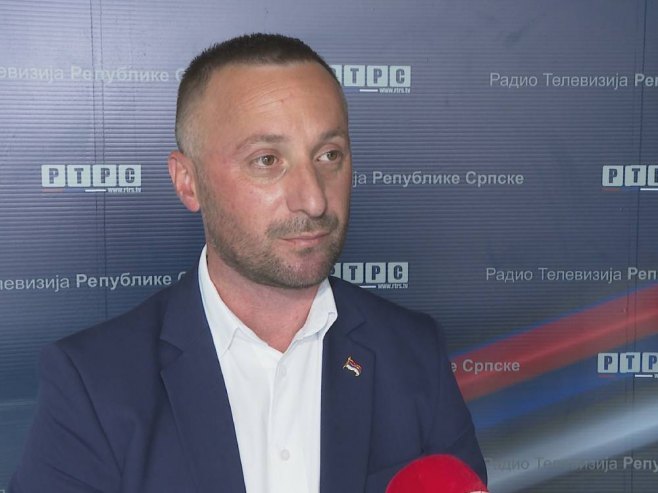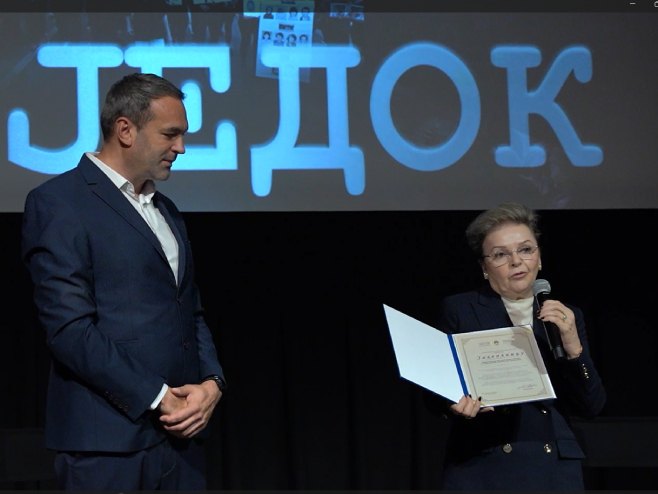The President of the Academy of Sciences and Arts of Republika Srpska, Rajko Kuzmanović, stated that the resolution on Srebrenica, prepared by Sarajevo’s political scene and certain foreign actors, will have no consequences if adopted by the UN General Assembly as it is non-binding and malicious.
Kuzmanović told Srna that this resolution and several previous ones indicate that the agenda is not genuinely about genocide in Srebrenica but about maliciously labeling the Serb people and Republika Srpska as genocidal entities.
He reminded that numerous expert groups of distinguished jurists have established that there was no genocidal intent, as the casualties were military-aged men, while women and children were completely protected.
According to him, this supports the long-established definition of genocide – the intent to destroy an entire people, regardless of age or sex.
He criticized the actions of a part of the BiH diplomacy as inappropriate since the resolution was proposed without authorization, and he described their actions to prevent the Serbian side in BiH from presenting objections as utterly undemocratic, attempting to prevent the UN General Assembly from learning the full truth.
It is clear that the BiH diplomatic mission at the UN has misused its position and conducted all these actions as an unqualified body – concluded Kuzmanović.
Gideon Greif, a leading Israeli historian and Holocaust expert, earlier clarified the meaning of “genocide,” stating it “refers to the intent of one group to completely destroy another nation,” and a commission of 10 global experts concluded that the Serbs never had such a plan, neither in Srebrenica nor elsewhere.
The Bosniak part of the BiH mission at the UN is independently, without a decision from the Presidency of BiH, working on a new resolution on Srebrenica that is expected to be presented at a session of the UN General Assembly.
Belgrade’s “Večernje Novosti” reported that the controversial document proposal includes, among other things, the establishment of July 11 as “International Day of Remembrance of Genocide,” condemnation of “denial of genocide,” and a demand for this narrative to be incorporated into the educational system.
Source: RTRS









